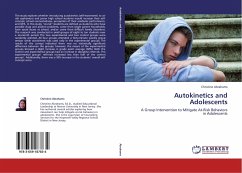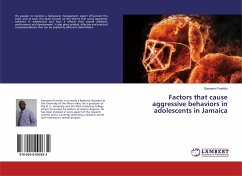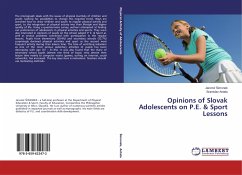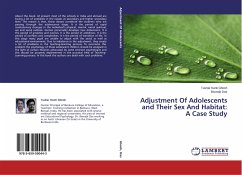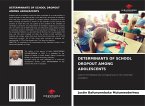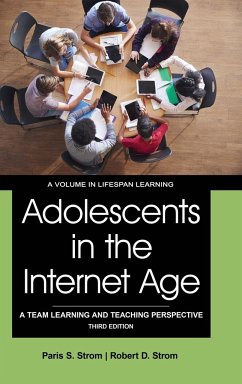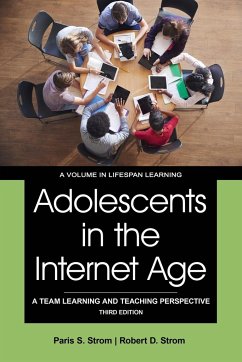This study explores whether introducing autokinetics (self-movement) to at-risk sophomore and junior high school students would increase their self-concept, school connectedness, perception of their academic performance, and GPA. In this study, at-risk students are defined as students who have possible drug and alcohol problems, come from single parent households, have social issues at school, and/or come from difficult family situations. The research was conducted in small groups of eight to ten students over a six-month period. The two experimental and two control groups were randomly selected. All four groups attended a forty-minute weekly group session while autokinesis was used only in the experimental groups. The results of the surveys indicated there was no statistically significant difference between the groups; however, the means of the experimental groups showed a slight increase in grade point average (GPA). Both the control and experimental groups had an increase in discipline referrals. The experimental groups referrals increased less than half of the control groups . Additionally, there was a 50% increase in the students overall self-concept score.

